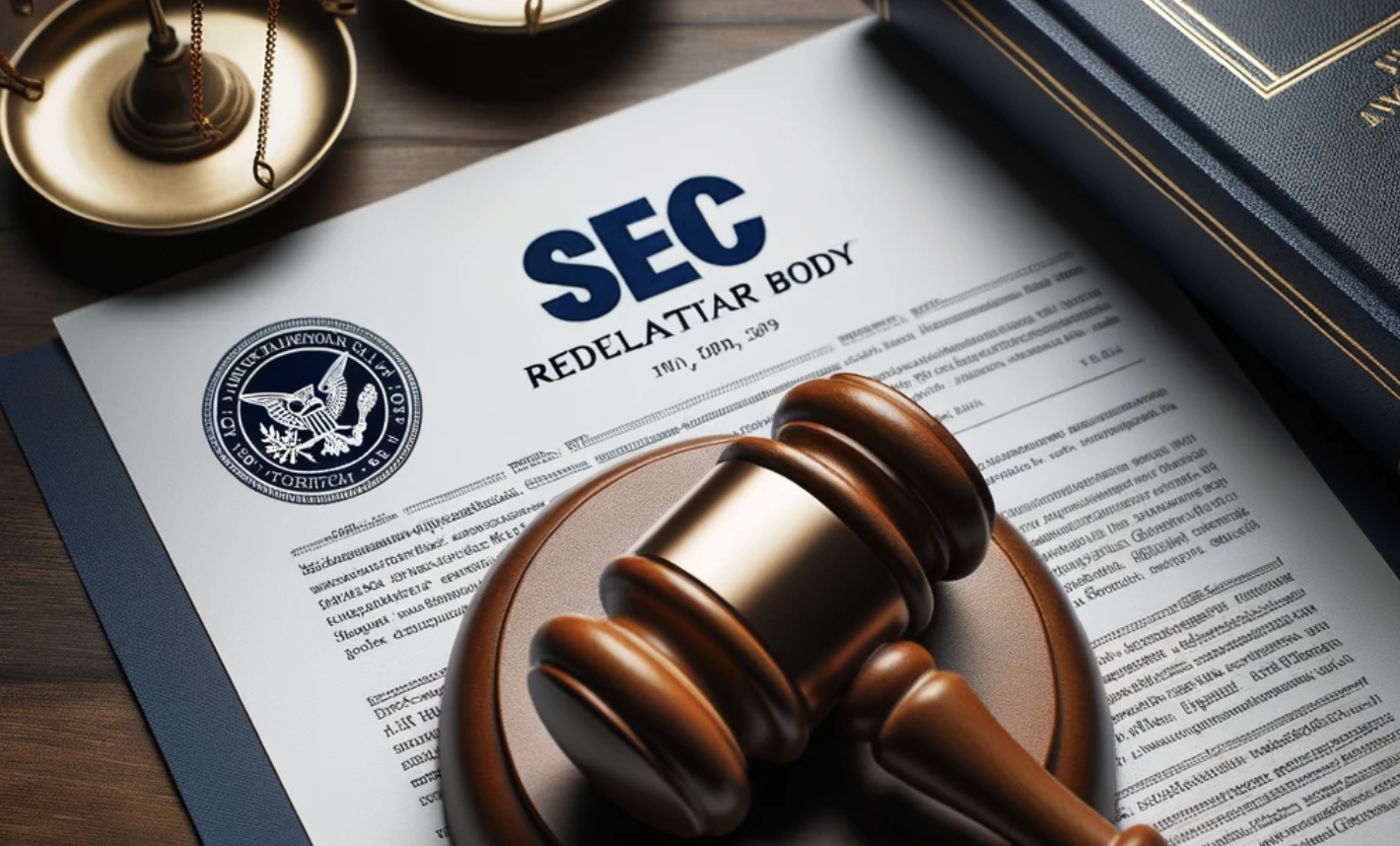SEC Declines to Appeal Court Ruling on Grayscale Bitcoin ETF Application
Kevin Callahan

The U.S. Securities and Exchange Commission (SEC) does not intend to contest the court verdict that ruled the organization wrong about declining the proposal by Grayscale Investments to form a bitcoin exchange-traded fund (ETF) on spot.
In a landmark decision in August, Washington's District of Columbia Court of Appeals passed the judgment that the SEC was mistaken in rejecting the anticipatory BTC ETF by Grayscale. This case is prominently scrutinized by industry professionals who have been striving to promote such financial products for the past ten years. The decision from the SEC not to counterappeal the judgment is likely to open up a pathway for reassessing the proposal by Grayscale.
Generally, a BTC ETF offers investors exposure to the largest digital currency by market capitalization, with no requirement of its actual possession. The SEC has so far dismissed every application regarding the creation of a spot bitcoin ETF, including the one by Grayscale. Mainly, the motive cited by the SEC is the applicant's failure to demonstrate their capability to safeguard investors from any potential market manipulation.
Grayscale embarked on legal action against the SEC's decision, arguing its ruling was inconsistent as the agency had previously sanctioned specific surveillance agreements aimed at preventing fraud in Bitcoin futures-based ETFs. Therefore, Grayscale argues, the same measures should suffice for its proposed spot ETF, considering that both futures and spot funds rely on BTC’s price.
The appeals court has declared that the SEC rejected Grayscale’s application arbitrarily, as no explanation was given on what differentiates the two agreements substantially.
It is currently awaited, the appeal Court's mandate specifying its decision's execution, which is very likely to instruct the SEC to reconsider Grayscale's application.
This development is crucial to many other asset management firms that have similar applications under review by the SEC for a spot bitcoin ETF, including BlackRock, Fidelity, and Invesco. The SEC is expected to decide on these pending requests by the next year at the most. However, no comment has been received from the SEC’s press office regarding this matter.
For Web3 developers, if this ETF is approved, this could attract more investors to the cryptocurrency space, which would lead to more transactions on the blockchain, increasing demand for web3 applications and services. Further, this could also influence how other digital assets are treated in the future in terms of regulatory oversight.
.svg)


.png)



